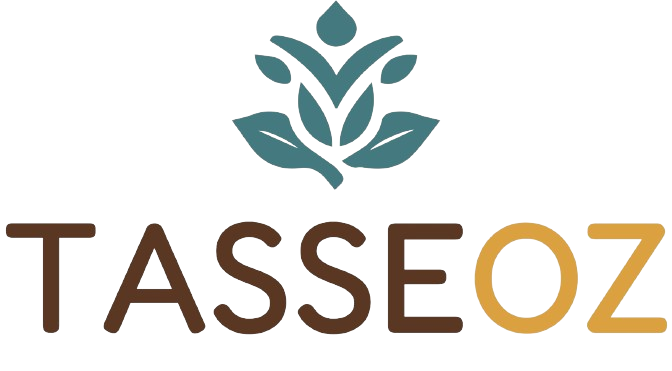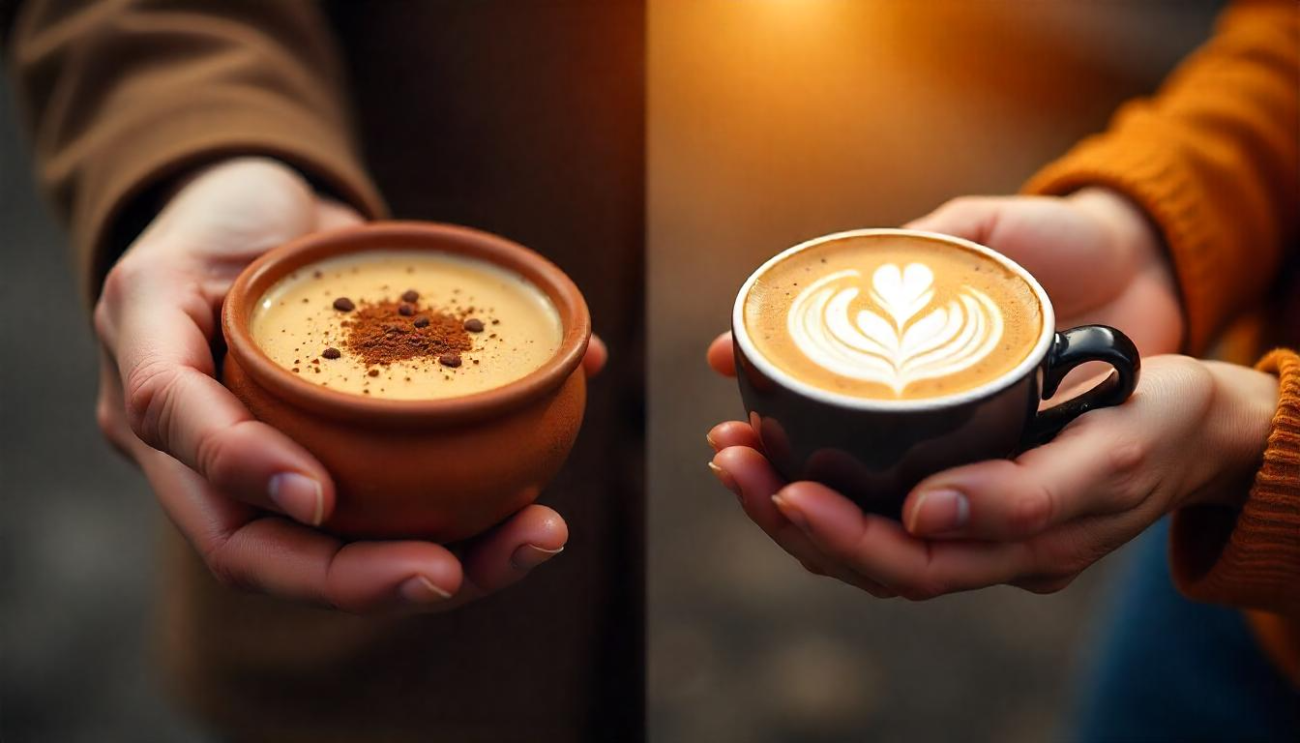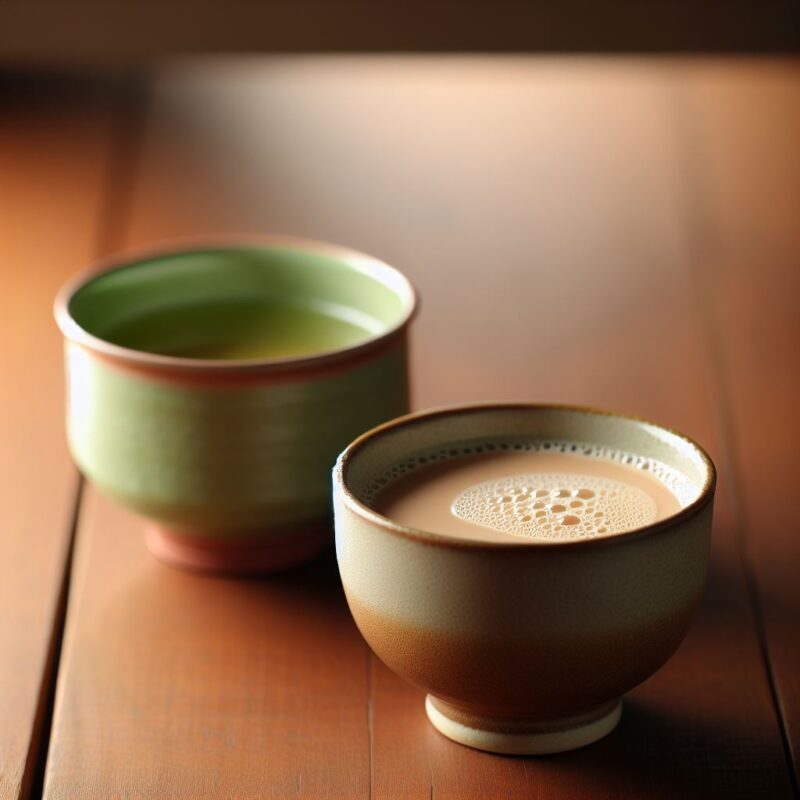The Power of the Chai Cup
In a world increasingly leaning toward natural wellness solutions, one ancient beverage continues to captivate both the palate and the body: chai tea. Revered for its rich aroma, bold spices, and therapeutic warmth, chai is more than just a comforting cup—it’s a centuries-old remedy wrapped in tradition. Recent scientific insights now affirm what generations have known: chai tea can play a powerful role in boosting digestive health and strengthening the immune system.
Let’s steep into the story behind the cup and discover how this spice-laden elixir, when crafted with care like in premium brands such as Tasseoz, can become a daily ritual of health and harmony.
A Brief Origin: Chai’s Holistic Roots
The word “chai” means “tea” in many parts of the world, but in the Indian subcontinent, it refers to a unique preparation of black tea blended with milk, sweetener, and a fragrant mix of Ayurvedic spices. Originating over 5,000 years ago in royal courts and healing traditions of ancient India, chai was originally brewed not for pleasure but for its medicinal value—a preventative tonic for balance and well-being in the body.

Digestive Harmony: How Chai Soothes the Gut
One of the core benefits of chai lies in its ability to aid digestion, largely thanks to its signature spices.
1. Ginger (Zingiber officinale)
Ginger is the star of chai’s digestive prowess. It stimulates saliva, bile, and gastric enzymes, helping food move through the gastrointestinal tract more smoothly.
Scientific Insight: A study published in the World Journal of Gastroenterology (2011) shows that ginger speeds up gastric emptying and relieves bloating and indigestion. [1]
2. Cardamom (Elettaria cardamomum)
A sweet, floral spice, cardamom helps calm the stomach lining and fights acid reflux.
Study Backing: According to BMC Complementary Medicine and Therapies (2020), cardamom possesses gastroprotective properties and may help in managing ulcers and spasms. [2]
3. Fennel and Clove
These two herbs not only add an exotic dimension to chai but also serve as natural carminatives, easing cramping and reducing gas.
4. Black Pepper (Piper nigrum)
This common kitchen spice helps in the absorption of nutrients by stimulating digestive enzymes.
Fact: Black pepper increases the bioavailability of other nutrients and drugs by up to 200% due to the compound piperine (Journal of Ayurveda and Integrative Medicine, 2010). [3]
Immunity in a Teacup: The Immune-Boosting Power of Chai
In our modern lives, where immunity is often tested by stress, pollution, and fatigue, chai emerges as a natural shield.

1. Cinnamon (Cinnamomum verum)
Rich in antioxidants, cinnamon combats oxidative stress and reduces inflammation—two primary enemies of immunity.
Study Reference: A 2015 study in Pharmacognosy Research found that cinnamon has strong antibacterial and antifungal properties. [4]
2. Clove (Syzygium aromaticum)
Beyond its warming flavor, clove is packed with eugenol, which is antiviral, antimicrobial, and acts as a natural antiseptic.
3. Tea Leaves (Camellia sinensis)
The base of any chai, black tea contains polyphenols such as theaflavins and catechins, known for enhancing immune function and reducing the risk of infections.
Research Insight: The Journal of Nutrition (2003) reported that black tea enhances the body’s ability to produce interferon, a key element in immune response. [5]
Why Ritual Matters: A Daily Act of Wellness
Chai isn’t just about what’s in the cup—it’s about how it’s enjoyed. The mindful preparation, the comforting aroma, and the soothing warmth all contribute to stress relief, which in turn lowers cortisol and supports immune health. In Ayurvedic tradition, this ritual is known to create “Ojas,” the vital essence believed to sustain life and immunity.
Brands that honor this balance of science and tradition, such as Tasseoz, go beyond simply blending ingredients—they craft experiences. With ethically sourced Ceylon spices, eco-conscious practices, and a deep reverence for heritage, Tasseoz’s chai is not just a beverage; it’s a mindful journey in every cup.
Conclusion: Let Your Cup Heal You
The modern health landscape often oscillates between trends and treatments, but sometimes the most powerful remedies are the ones with ancient roots. Chai tea stands at that sweet intersection of tradition and science, offering digestive ease, immune resilience, and soulful warmth.
So the next time you cradle a cup of chai, know that you’re not just sipping tea—you’re nurturing your body, calming your mind, and joining a tradition that has healed for centuries.
Choose consciously. Sip mindfully. Brew better with Tasseoz.

References
- Hu, M.-L., et al. (2011). “Ginger and its bioactive components in cancer prevention.” World Journal of Gastroenterology.
- Ali, B. H., et al. (2020). “Cardamom as a gastroprotective agent: A review.” BMC Complementary Medicine and Therapies.
- Srinivasan, K. (2010). “Black pepper and its pungent principle-piperine: A review of diverse physiological effects.” Journal of Ayurveda and Integrative Medicine.
- Kaul, P. N., & Joshi, B. S. (2015). “Cinnamon in health and disease: A review.” Pharmacognosy Research.
- Steptoe, A., et al. (2003). “Tea catechins and immunity: Implications for health.” The Journal of Nutrition.














